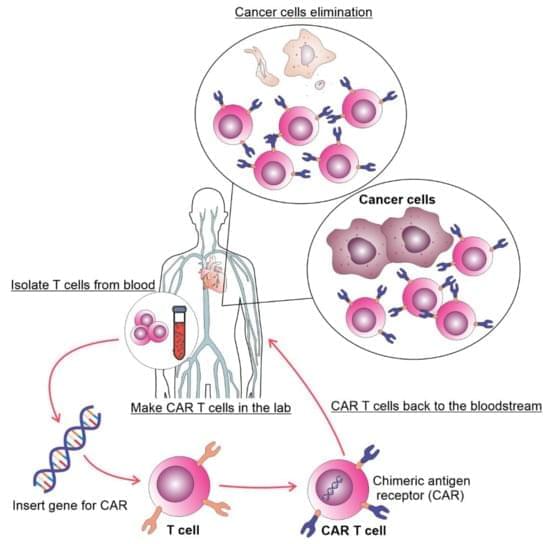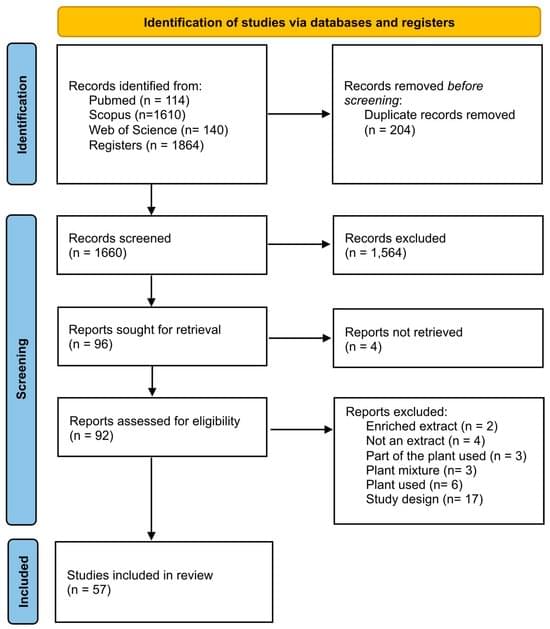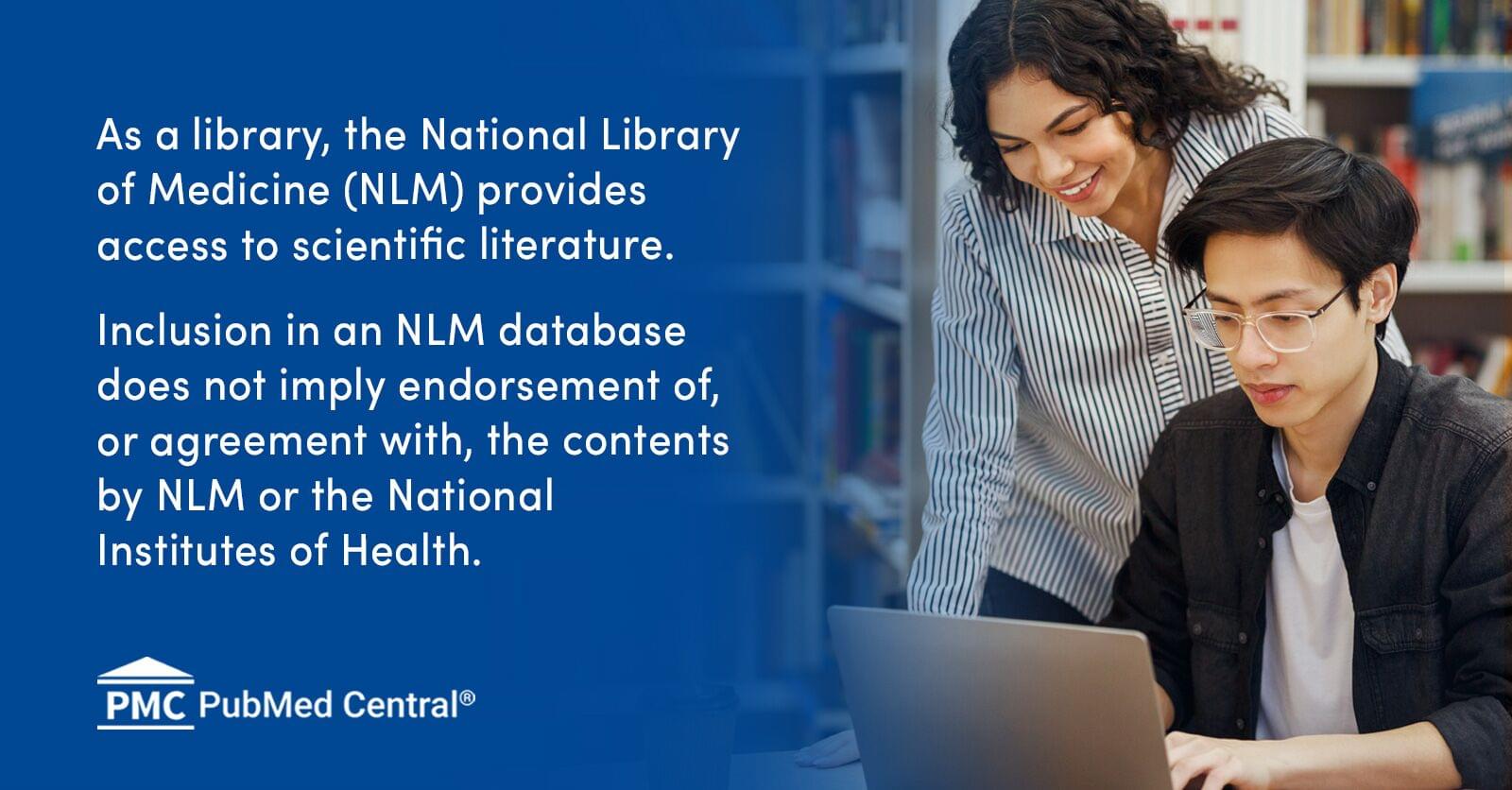Using a CRISPRa-based approach, Elvir Becirovic & team activated retinal disease-related genes in isolated human cells, establishing a minimally invasive diagnostic method for inherited retinal diseases:
The fundus autofluorescence image is from a patient with confirmed ABCA4-associated retinal disease (STGD1).
1Laboratory for Retinal Gene Ther apy, Department of Ophthalmology, University Hospital Zurich, University of Zurich, Zurich, Switzerland.
2Department of Ophthalmology, LMU University Hospital, LMU Munich, Munich, Germany.
3Department of Pharmacy – Center for Drug Research, LMU Munich, Munich, Germany.








